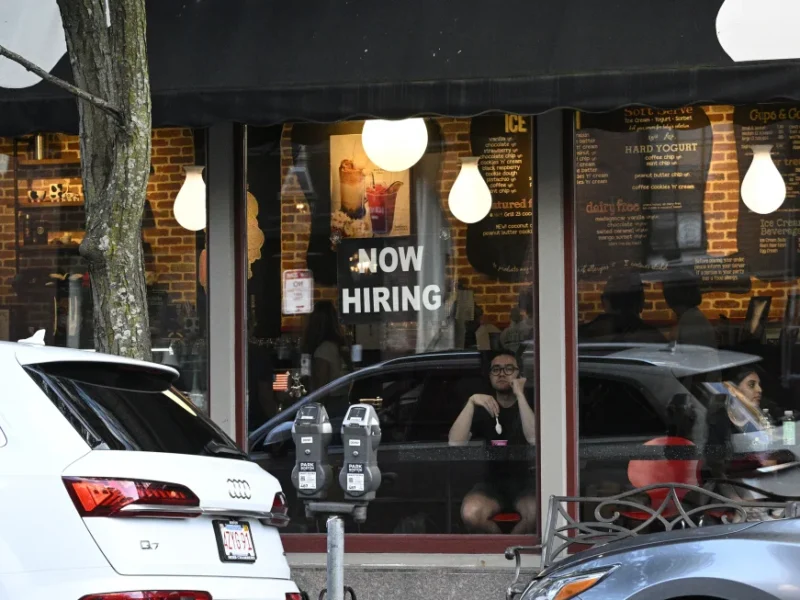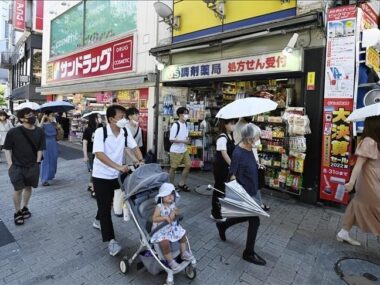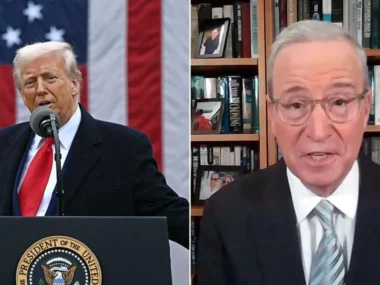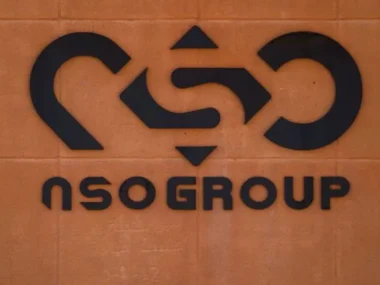It is becoming increasingly evident that the U.S. labor market is experiencing a slowdown.
Although the unemployment rate dropped slightly last month to 4.2%, it remains close to levels not seen since late 2021. Moreover, recent hiring has slowed significantly compared to previous years, and job openings in July fell to their lowest point since January 2021, based on data from the Labor Department.
However, there may be underlying potential for growth in the job market. Many employers appear to be postponing their hiring plans for logical reasons. When businesses consider hiring, they take several factors into account, and the economic outlook is always a significant consideration. It’s understandable: why expand the workforce if there’s a substantial risk of a recession that could later necessitate layoffs?
Currently, economic uncertainty is high, driven largely by the upcoming U.S. presidential election in two months and key decisions on interest rates from the Federal Reserve. Both of these elements are causing employers to be more cautious about expanding their workforce, according to economists and recent statements from businesses across the country.
Nonetheless, while these factors contribute to cautious hiring attitudes, many decisions are likely influenced even more by “weaker demand for goods and services, both domestically and internationally,” according to Kathy Bostjancic, Chief Economist at Nationwide. “Consumer spending has been the primary driver of economic growth, and as it slows, overall activity diminishes, impacting corporate revenues and profits,” she told CNN.
The major uncertainty surrounding the election
The Federal Reserve’s Beige Book, which gathers business survey responses from the 12 regional Fed Banks, indicated that “with uncertainty surrounding the presidential election, many companies have paused their hiring plans.”
This reaction is not surprising given the contrasting policies of Vice President Kamala Harris and former President Donald Trump.
Trump has positioned himself as an “America First” candidate, advocating for a 60% tariff on Chinese imports and a 10% tariff on imports from other countries. He has also proposed reducing the corporate tax rate from 21% to 15% for domestic manufacturers, as he outlined in a recent speech at the Economic Club of New York.
In contrast, Harris has not specified her stance on tariffs but has suggested raising the corporate tax rate to 28%. She has also proposed a plan to facilitate the formation of new small businesses through significant tax deductions.
If Trump were to be elected, he might implement tariffs without congressional approval, as he has in the past. However, changes to the tax code proposed by both candidates would need congressional approval. The party controlling the House and Senate, which will also be determined by the election, could affect their ability to fulfill their differing campaign promises.
According to Sean Snaith, director of the Institute for Economic Forecasting at the University of Central Florida, postponing hiring decisions until after the election is “a rational decision.”
He added, “Businesses are more confident in making these decisions when there is greater clarity about the future.”
Awaiting reductions in interest rates
It’s anticipated that the Federal Reserve will start reducing interest rates later this month and may continue with additional cuts by the end of the year. Julia Pollak, chief economist at ZipRecruiter, mentioned to CNN that this potential change might lead firms to increase hiring.
Businesses, particularly smaller ones, often depend on credit for various needs, from launching to expanding operations. With current high interest rates, borrowing costs are elevated, making it difficult for many companies to afford debt payments. If rates are expected to decrease in the near future, firms might prefer to delay taking out loans until then.
Pollak explained that many companies have growth plans—such as opening new locations, acquiring warehouses, or purchasing vehicles—but are currently unable to proceed due to high interest rates making these investments prohibitively expensive. This has led to a temporary pause in expansion efforts.
While the Fed has signaled the possibility of rate cuts, the extent of these reductions remains uncertain. The initial cut this month is anticipated to be modest, around a quarter point, according to the CME FedWatch Tool. This expectation has already contributed to a decrease in the 10-year US Treasury yield, a key benchmark for many loans.
Businesses might wait for further relief, which will hinge on inflation and employment rates. If rates eventually decrease sufficiently and consumer spending remains robust, hiring could then pick up, Pollak noted.











